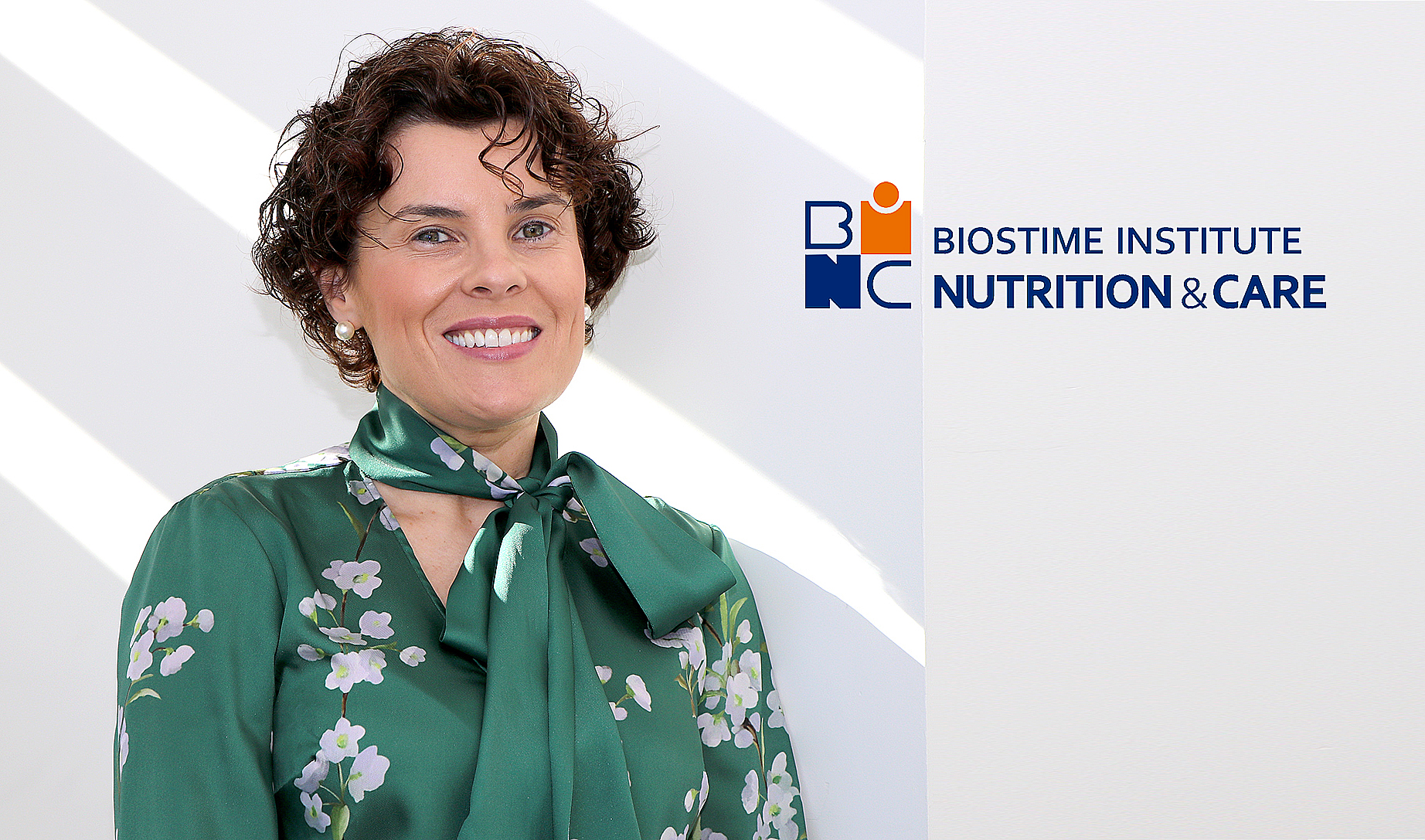In This Section
- Home
- Staff Profiles & Phone Book
- About the Department
- Welcome from Head of Department of Anatomy and Neuroscience
- A History of the Department
- A history of the Department; The early years to the 1980s
- A history of the Department; The move from the Windle Building to BSI and WGB
- UCC Professors of Anatomy and Heads of Department
- The development of the UCC HUB
- Current students, recent research graduates and awards
- Useful Links
- Study Anatomy
- Study Neuroscience
- Research
- Neural circuitry underlying Neuropsychiatric and Neurological Disorders 2026
- Neurogastroenterology 2026
- Developmental Neuroscience and Regeneration 2026
- Neurodegeneration 2026
- Neuroinflammation 2026
- Neuroprotection and Therapeutics 2026
- Neuroproteomics and Molecular Psychiatry 2026
- Anatomy Education Research 2026
- Research Facilities 2026
- Postgraduate Research Programmes 2026
- UCC Anatomical Donations
- Biosciences Imaging Centre
- BSc Medical and Health Sciences
- News & Events
- News Archive 2024
- News Archive 2023
- News Archive 2022
- News Archive 2021
- News Archive 2020
- News Archive 2019
- News Archive 2018
- News archive 2017
- News Archive 2016
- News Archive2015
- News Archive 2014
- News Archive 2013
- News Archive 2012
- News Archive 2011
- BRAIN AWARENESS WEEK 2023
- Department Events and Conferences
- Seminar series 2019_2020
- photo galleries
- Narrowing the void Conference 2023
- Photos of BSc Medical and Health Sciences Mentoring launch 2022
- International Women's Day 2023
- 2023 BRIGHT FUTURES - Celebrating our researchers
- 2023 UCC Futures - Future Ageing & Brain Sciences
- Recent Graduations July 2023
- Anatomy and Neuroscience Top 100 Anatomy Physiology 2023
- BRAIN AWARENESS WEEK 2023 FUN AND GAMES EVENT
- Medical and Health Sciences First year class 2023
- 2023 Brain Awareness week Scientific discussion photo gallery
- World Anatomy Day 2023
- BSc MHS MENTORING PROGRAMME 2023
- BSc Medical and Health Sciences Graduation 2023
- BSc Neuroscience Graduation Photo Gallery 2023
- Dr Kathy Quane Nov 2023
- THANKSGIVING PHOTOS 2012
- Photo Gallery: Society of Translational Medicine Careers Fair 2023
- Photo Gallery:2023 TRAIN AWARDS
- Photo Gallery:2024 Creative Week St Joseph's NS
- Photo Gallery: Department of Anatomy and Neuroscience Thanksgiving Service 2024
- Photo Gallery: Professor Aideen Sullivan farewell party
- Photo Gallery: Irish Pain Society Annual Scientific Meeting Cork 2023
- Photo Gallery: 2024 Medical and Health Sciences Graduation
- Photo Gallery: Medical and Health Sciences Meet and Greet 2024
- Photo Gallery: 2024 BSC NEUROSCIENCE Graduation
- Photo Gallery: 2025 INTERNATIONAL WOMEN'S DAY
- Photo Gallery: 2025 BSc Neuroscience class and staff
- Photo Gallery: 2025 BRAIN CONNECTIONS
- BSc Neuroscience Graduation Photo Gallery 2025
- World Anatomy Day 2025
- UCC Learning and Teaching Showcase 2025
- MSc Human Anatomy Graduation Photo Gallery 2025
- Narrowing the Void Conference 2023
- Department of Anatomy and Neuroscience Contact Us
Dr Olivia O’Leary awarded funding to research the role of the maternal microbiome in shaping increased susceptibility of females to stress-related psychiatric disorders.

Dr Olivia O’Leary, Department of Anatomy and Neuroscience and APC Microbiome Ireland Research Institute, has been awarded research funding from the Geneva-based BIOSTIME Institute Nutrition & Care (BINC) Foundation to explore the role of the maternal gut microbiome in increasing susceptibility of females to stress-related psychiatric disorders and associated brain changes. The project will be conducted with collaborator, Professor John F. Cryan, also of the Department of Anatomy & Neuroscience and APC Microbiome Ireland.
Stressors during childhood increase risk to develop depression and anxiety, and stress has been shown to reduce adult hippocampal neurogenesis (production of new neurons in the hippocampus area of the adult brain), an important stress-sensitive brain process that is required for antidepressant action. Intriguingly, depression is >two times more prevalent in females than males. Women are also uniquely vulnerable to postpartum depression. Despite this sex difference in vulnerability, few studies have investigated its underlying mechanisms including the contribution of the maternal gut microbiome.
This project will determine whether manipulation of the maternal microbiome can prevent the negative effects of postpartum stress on hippocampal neurogenesis, and depression and anxiety-like behaviours in mothers, and increase stress resilience in their offspring in a sex-dependent or sex-independent manner. The project also aims to identify the maternal gut bacteria associated sex-specific outcomes in stress susceptibility and resilience. The results of this project will inform the development of antenatal microbiota-based dietary supplements to conteract the negative effects of stress on maternal brain health and to promote stress resilience in their offspring.
Photograph B. Riedewald
Department of Anatomy and Neuroscience
Anatamaíocht agus Néareolaíocht
Contact us
Room 2.33, 2nd Floor, Western Gateway Building, University College, Cork, Ireland
